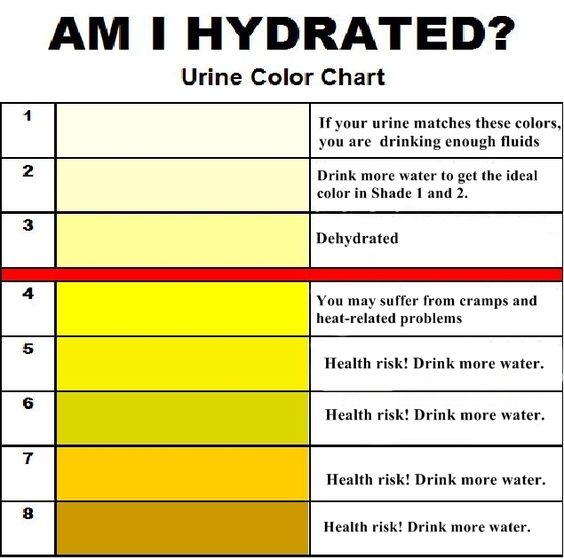How many times do you feel the need to quench your thirst when hot or not?
When drinking water, does it feel like the best thirst quenching drink ever? Well those points indicate that you are probably dehydrated and that the body is needing water to become hydrated so that it can function optimally.
Indications of dehydration are:
- Muscle cramps
- Dizziness
- Headaches
- Confusion
- Weakness
- Rapid pulse rate
- Vomiting
There are a number of ways to rehydrate that involve foods as well as liquids. Fruits and foods that are leafy will be high in water content.as well as drinks that are made with water will also help: coffee, tea, cordials and sodas. However, if your drink contains more than 8% carbohydrates (sugars) it should be avoided.
Essentially water is the key but how much water is enough?
We are all different and so consumable amounts will differ with each person. A good way to measure your hydration is through your urine. If the colour is transparent to a light yellow shade then you can say you’re hydrated but need to consume up to 500mls per 2-3hrs. Should you urine become dark yellow then you need to increase regular consumption of water quickly as you are in danger of overheating; 200-300mls per 10-20mins. If your urine is orange then you are in a state of illness and may need direct input through an IV line.
Water affects all the systems of the body. For those systems to run at optimum function you need to have the water level above normal especially when involved in sport and active recreation. Hydrating up to 2-3 hours prior to activity is recommended with increasing amounts 20-30 mins before activities are commenced. Hydration does not stop during nor after activity as the body’s systems will be requiring greater input of water to aid recovery.
“Water is the driving force of all nature.” – Leonardo Da Vinci

More interesting hydration/water tips:
https://www.healthline.com/health/food-nutrition/why-is-water-important
https://nutritionfoundation.org.nz/nutrition-facts/nutrition-a-z/Fluid
